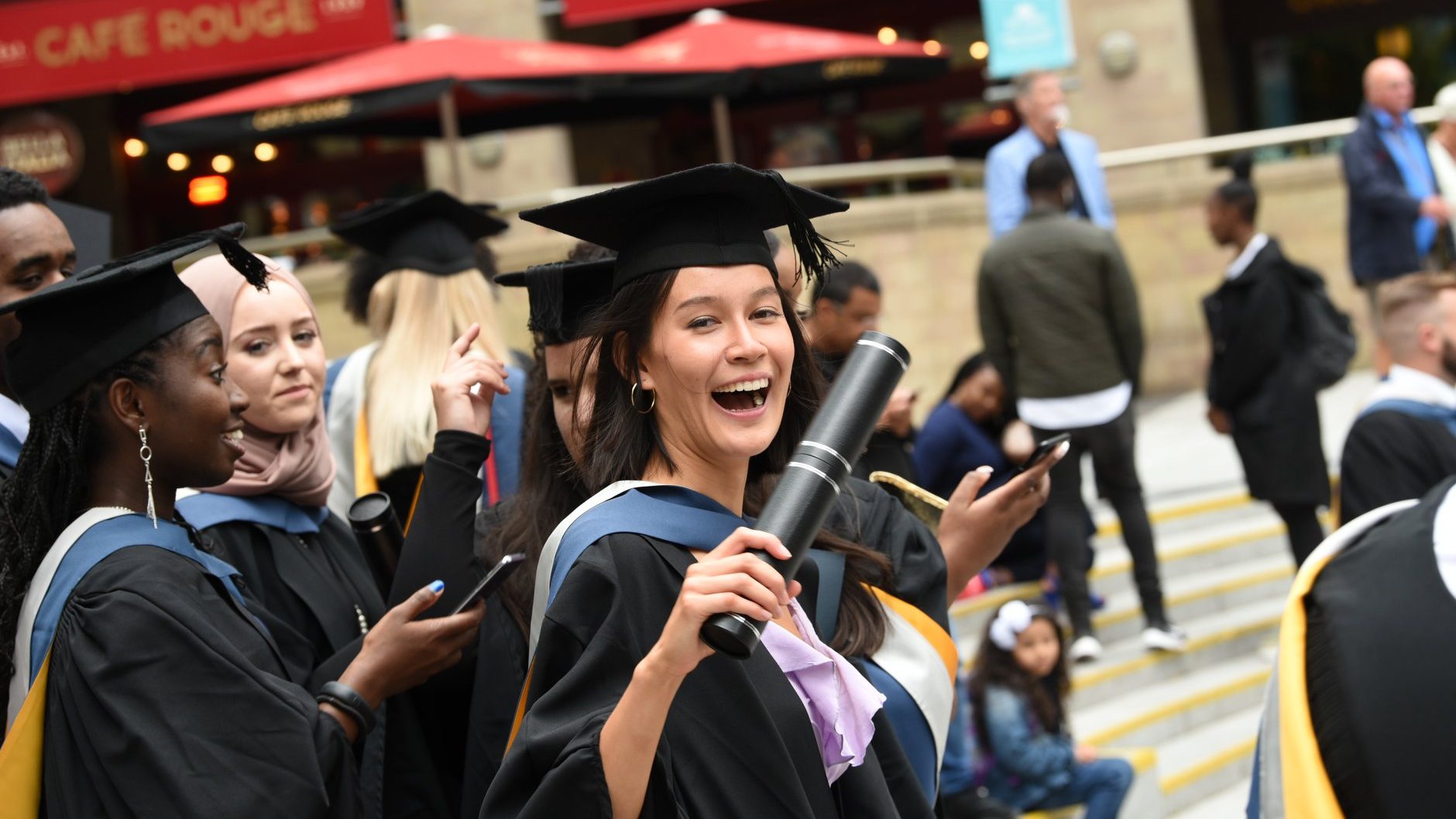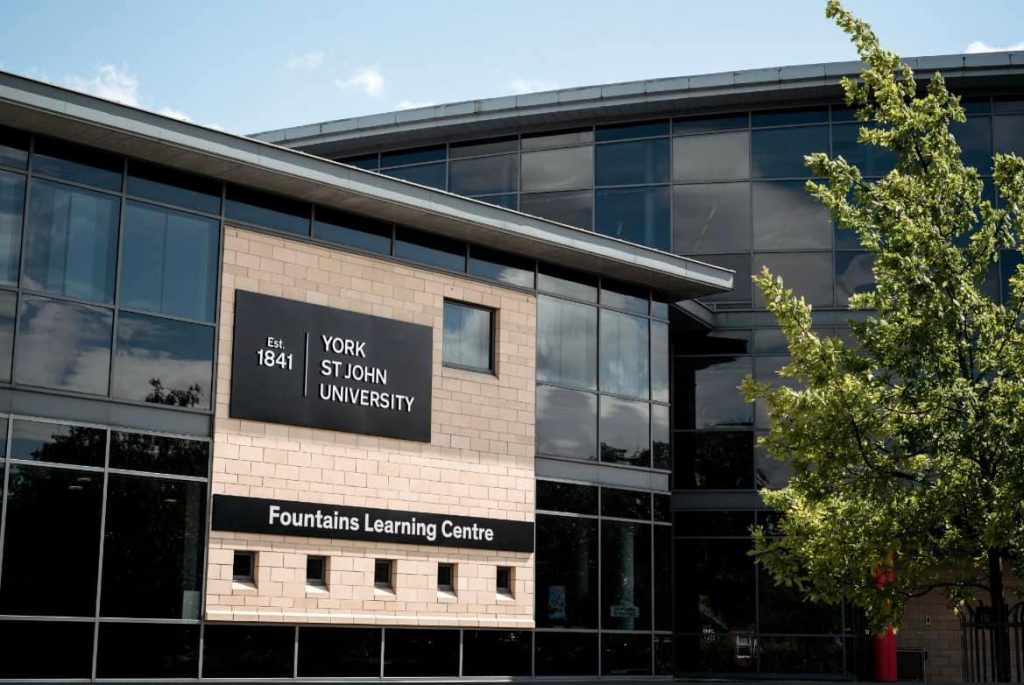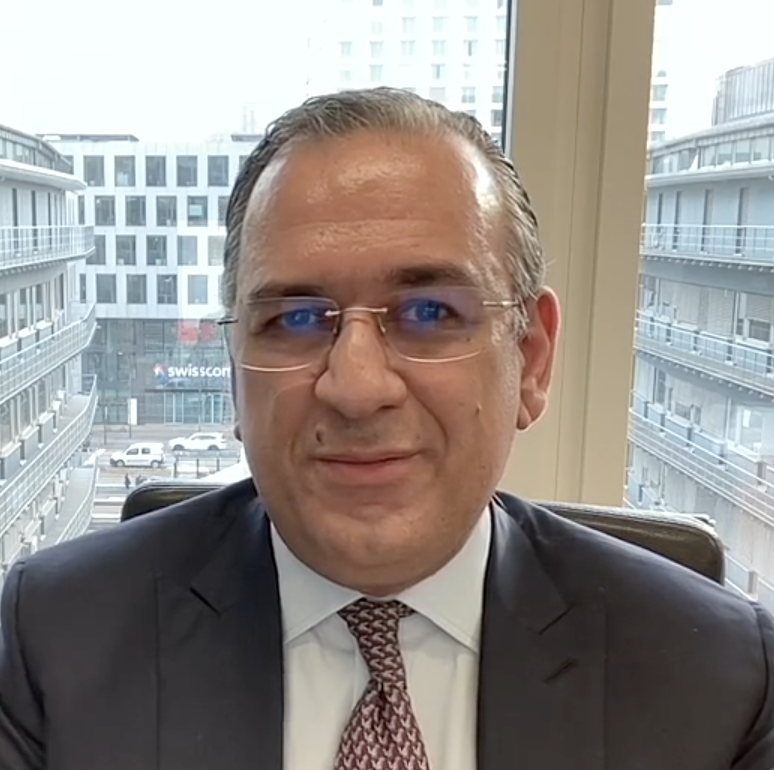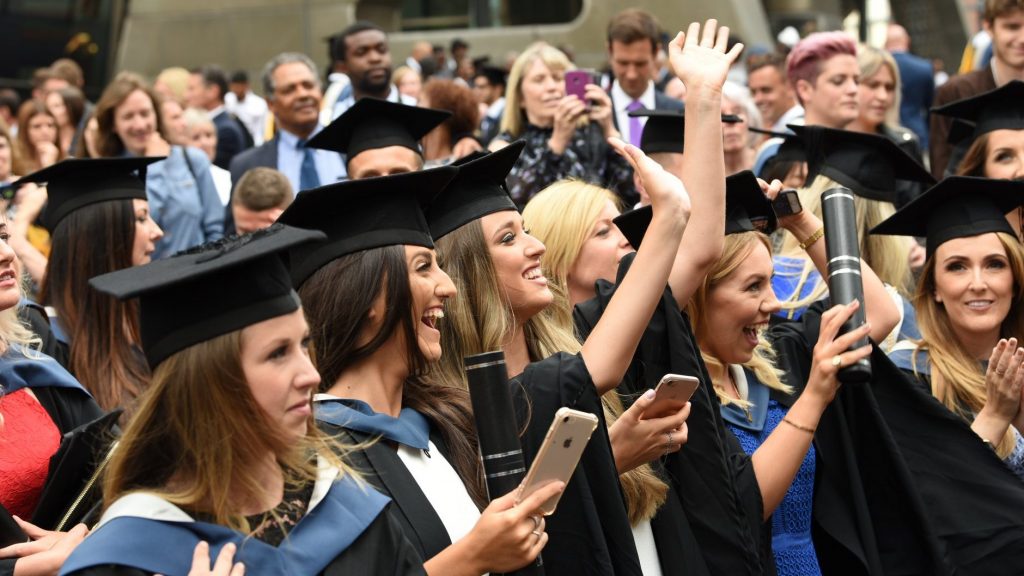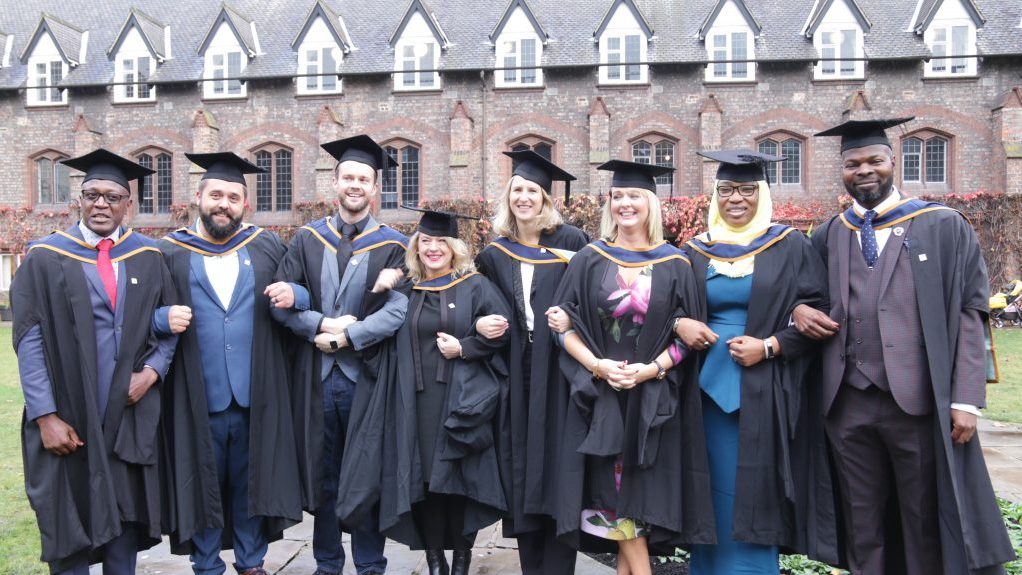When considering pursuing an online degree programme, weighing various factors is crucial. This decision can significantly influence your professional trajectory and personal development. It’s important to consider factors such as the programme’s accreditation, the course schedule’s flexibility, the availability of support services, and the overall cost. Equally important is the potential return on investment in terms of career advancement and personal satisfaction.
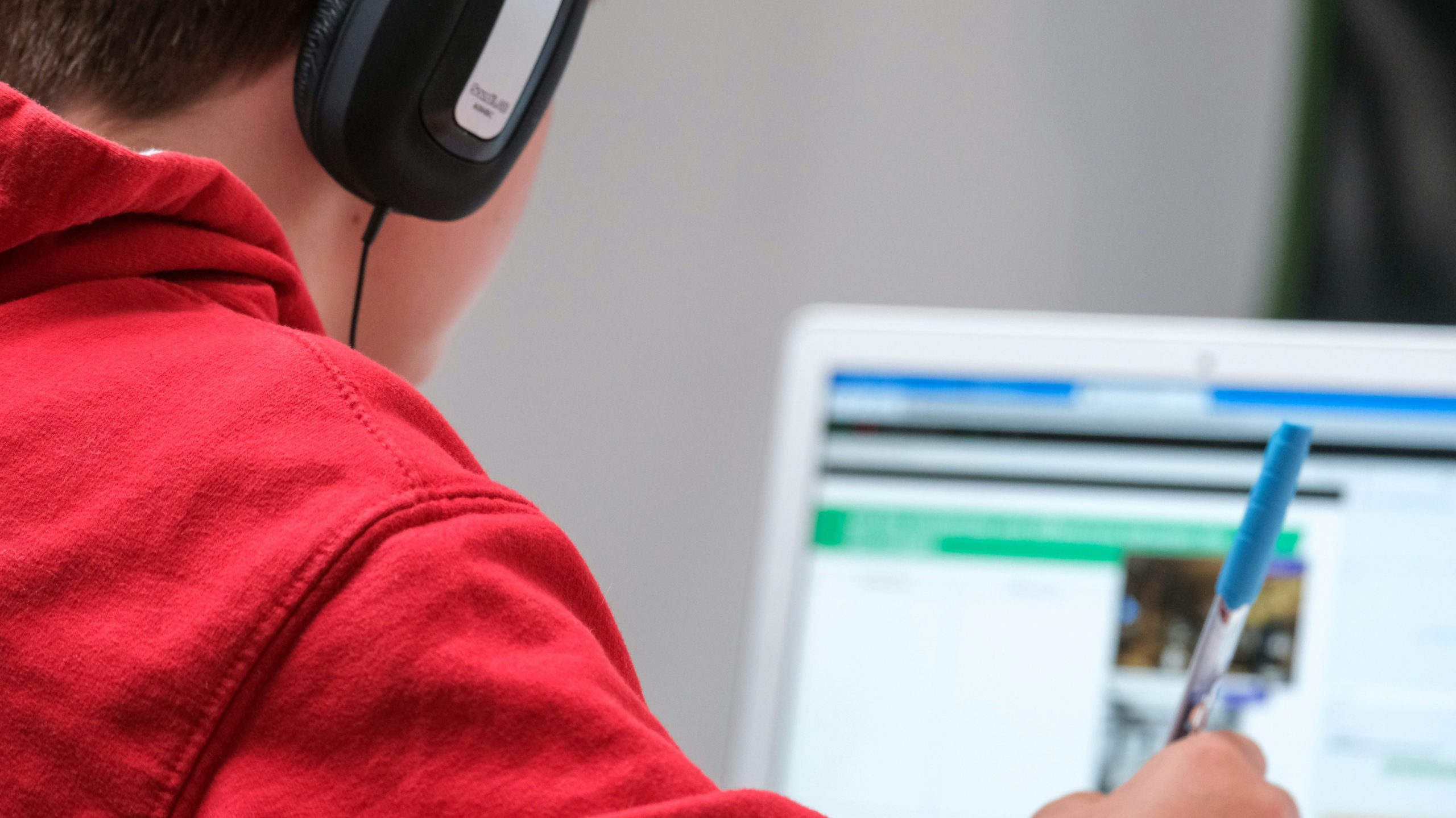
(1) Accreditation
Accreditation is vital in guaranteeing that an institution upholds specific quality standards. It is important to seek out programmes accredited by well-known accrediting bodies, as this ensures that the education provided meets high-quality standards and that employers and other educational institutions will recognise your degree. With Robert Kennedy College’s (RKC) 100% online degree programmes, you will earn a degree from a government-accredited British university. Our degrees are recognised worldwide. Click here for more information.
(2) Curriculum
Ensuring it directly aligns with your career goals and interests is essential when evaluating a curriculum. Take the time to assess whether the courses offered are up-to-date and pertinent to the current trends within your chosen field. Aim to find programmes that balance imparting theoretical knowledge with equipping you with practical skills that you can readily apply in real-world scenarios. For more information on RKC’s online degree programmes, download our catalogue.
(3) Faculty

The faculty greatly influence the quality of education. You should research the qualifications and experience of the instructors. When you join RKC’s 100% online master’s degree programme, you will be taught by highly qualified professors with a wealth of experience. Take the time to get to know some of our key faculty members.
(4) Work-Life Balance

One of the main advantages of online education is flexibility. Ensure that the programme offers a schedule that fits your lifestyle. Check if the programme can be completed at your own pace or if you must attend live sessions. Professional growth shouldn’t come at the expense of your personal life. Manage your time wisely and recharge so you can perform at your best. RKC’s 100% online master’s degree programmes are designed to be completed in one year, but the duration can be extended up to five years if you have a busy schedule.
(5) Trial Account
A good online programme should provide access to various resources, including libraries, databases, and technical support. Ensure that the platform used to deliver the courses is user-friendly and reliable. One of the ways to get an understanding of the resources on offer is by requesting a trial account. RKC has been offering a limited trial account to our potential students for over a decade to develop trust with our students from the get-go and help them make an informed decision. Chat LIVE on WhatsApp with one of our Education Advisors and request a Trial Account.
(6) Tuition Fees

Compare the costs of different programmes and consider what you can afford. Some employers also offer tuition reimbursement programmes. With RKC, you can do a master’s degree programme with us for just 525 Swiss francs monthly for 24 months. Discover more details, including currency conversion estimates, available discounts, and alternative payment options.
(7) Student Care
Support services are crucial for online students. Verify if the programme provides academic advising and technical support, as these services can assist you in navigating your studies effectively.
(8) Alumni Network
A strong alum network can positively influence long-term business and career opportunities. Contact the alums of your choice and get first-hand feedback on the university, the programme, and the delivery mechanism.
(9) Institution
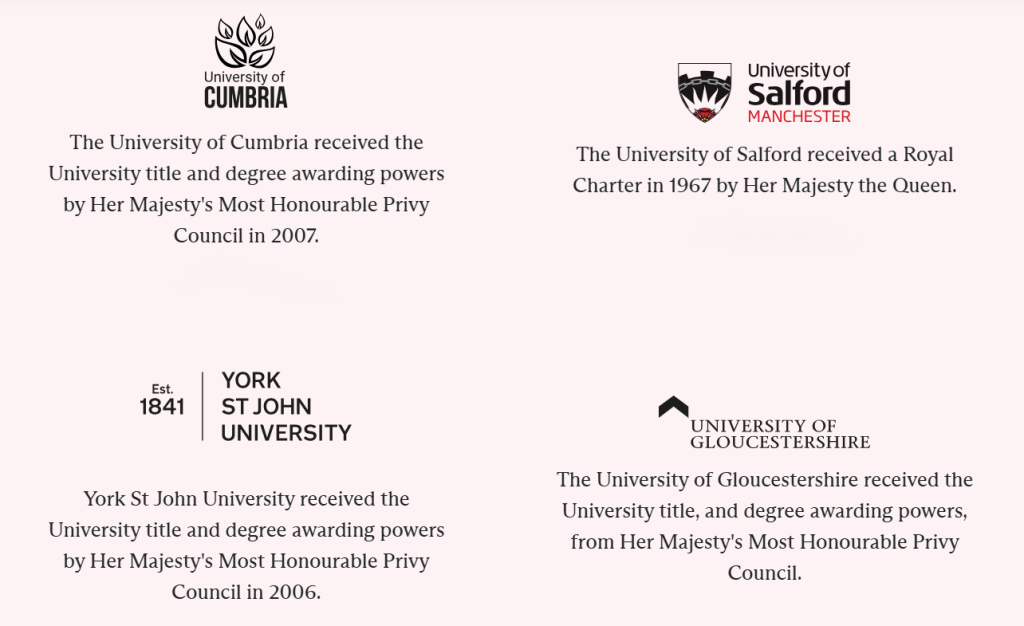
Ensure that a recognised accrediting body accredits the institution itself. This adds an extra layer of credibility to your degree. RKC offers Swiss-quality education that is globally recognised. Committed to high standards, the college provides comprehensive and flexible programmes designed to meet various professional and personal development needs. You can rest assured that our programmes are tailored to your needs. The college has exclusive partnerships with top UK universities – the University of Cumbria, the University of Salford, York St. John University, and the University of Gloucestershire. These partnerships ensure that the programmes are carefully designed to meet the changing demands of today’s dynamic industries.
(10) Recognition
If you plan to work internationally, check if the degree is recognised in other countries. This can be important if you are considering a career abroad. After successfully completing your studies online at Robert Kennedy College, you will receive an Internationally recognised British degree from the University of Cumbria, University of Salford or York St John University. All our programmes combine Swiss Quality Education with British Tradition. Thanks to our exclusive partnership, you can study confidently, knowing that your degree will enjoy worldwide recognition and acceptance.
(11) Style
As you think about pursuing online education, take some time to examine your learning style and determine whether it is well-suited for online learning. Online education relies heavily on self-discipline and effectively managing your time. It’s crucial to ensure that you are comfortable with online learning and have the motivation to stay engaged and focused.
(12) Duration

When considering a programme, assess its duration and ensure it aligns with your timeline. Additionally, explore whether the programme provides accelerated options that enable you to finish your degree quickly. RKC’s online programmes are designed to be completed in one year, but the duration can be extended up to five years if you have a busy schedule.
(13) Language of Instruction
Confirming that the programme you are interested in is offered in a language you are proficient in, especially if you are exploring options from institutions in other countries, is essential. Please note that all of RKC’s educational programmes are delivered in English, and applicants must have a high proficiency in English to be eligible to apply for the programme.
Choosing the right online degree programme requires careful consideration of various factors. By taking the time to research and evaluate your options, you can find a programme that aligns with your career goals, fits your lifestyle, and provides a high-quality education. Remember, this is an investment in your future, so choose wisely.

Choosing RKC for your studies is not just about earning a degree; it’s about transforming your career and opening doors to new opportunities. Click here to apply. There is no application fee, and applying doesn’t involve any commitment.

